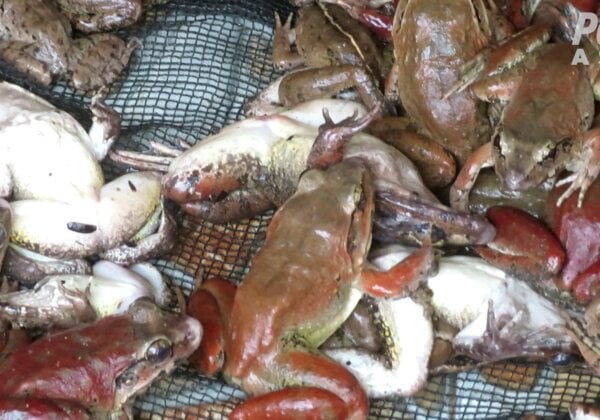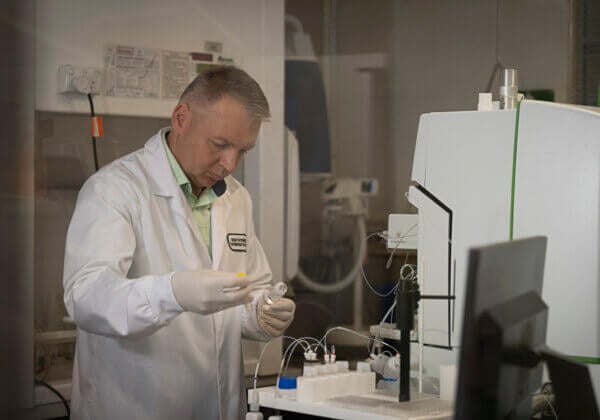Update: What Recent Australian Cosmetics Testing Legislation Means for Animals and Consumers
The Parliament of Australia has finally passed the Industrial Chemicals Bill 2017, legislation that is being touted as ending cosmetics tests on animals in Australia.
But what does it really change for animals in laboratories and Australian consumers who don’t want to buy products with chemicals that have been dripped into animals’ eyes, poured down their throats, or rubbed onto their skin?
This legislation has been a long time coming. Before the election in 2016, the Australian government announced that it would “ban the testing of finished cosmetic products on animals in Australia, the testing of cosmetic ingredients on animals in Australia and the sale of cosmetic products and ingredients that have been tested on animals outside of Australia”. The ban was initially slated to be introduced by July 2017, but now, it’s due to come into effect in 2020.
https://www.facebook.com/PETAAustraliaOfficial/photos/a.147112932317988/819866145042660/?type=3&theater
The Bad
There have been many concerns about loopholes in the new law. The ban restricts companies from relying on animal test data for regulatory testing, but it doesn’t ban tests on animals per se. This means that products sold in China – where tests on animals are mandated by law for imported cosmetics – may still be sold in Australia so long as companies also demonstrate equivalent non-animal test data where appropriate.
The ban also applies only to ingredients used exclusively in cosmetics products, meaning that ingredients also used in other sectors (such as household cleaning) may still be tested on animals under certain circumstances.
Tests on animals will still be permitted for cosmetics ingredients for the assessment of environmental toxicity and if there are concerns about human health or worker safety. For example, if a multi-use ingredient is manufactured or imported in a large volume or if humans are likely to be exposed to the chemical during production, toxicity data will be required. If data aren’t already available or can’t be generated through non-animal methods, tests on animals will still be required.

The Good
For safety assessment purposes, the law will stop companies that are registering cosmetics ingredientsfrom relying on the results of animal test data generated after 1 July 2020.
Companies are being encouraged to generate non-animal test data whenever possible for ingredients used in cosmetics and other types of products, so it’s definitely a step in the right direction.
A consultation on the general rules aimed at implementing this legislation has been launched by the government. These rules will outline how companies should conform with the law and limit the use of new animal test data for chemicals with multiple uses, including those used in cosmetics. We can’t change the wording of the law right now, but we can influence how it’s implemented – and you can help, too, by letting the government know that an animal testing ban means that cosmetics shouldn’t be tested on animals under any circumstances.
What Can You Do
PETA and our international affiliates are helping to change the cosmetics industry where it needs the most improvement: in China, where tests on animals are mandated by law for imported products. Please support this life-saving work.
When shopping for cosmetics, continue to use PETA US’ Beauty Without Bunnies list to ensure you’re buying ethically.
You can also help animals via our website by taking part in the government’s consultation on implementing these new rules here.








